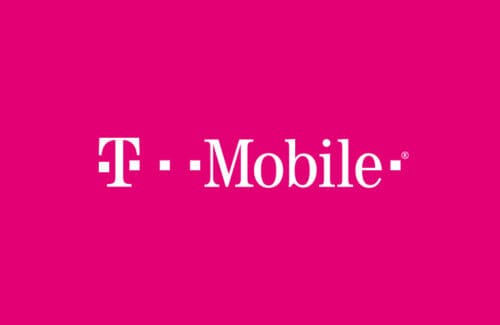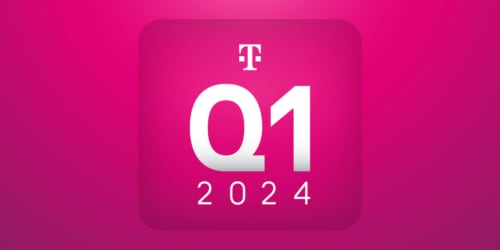The Federal Communications Commission (FCC) is planning to auction returned TV broadcast spectrum for commercial wireless services as early as next year, and in T-Mobile’s view, it can’t happen soon enough. As our competitors well know, arming T-Mobile with low-band spectrum is a competitive game-changer, enabling our service to penetrate building walls better and travel longer distances than we can with the spectrum we have today. Imagine a T-Mobile with even greater coverage, offering innovative Un-carrier deals to even more customers in even more places - in direct competition with the Twin Bells!
The FCC understands the importance of low-band spectrum to competition, which is why they established a “reserve” for the upcoming incentive auction for carriers like T-Mobile that have little or no such spectrum. We commend the FCC for this decision. It was not easy due to the strong opposition engineered by AT&T and Verizon. But the FCC, recognizing the importance of this spectrum to competition, did the right thing. We would ask, however, that a few small - but crucial - changes to the rules be made.
In particular, T-Mobile has asked the FCC to increase the size of the “reserve” so that no matter how much spectrum is up for sale, at least 50 percent of it will be held in reserve for competitors with little or no low-band spectrum in that market. (By the way, that would include AT&T and Verizon in many markets). This change is critical to guarantee enough “reserve” spectrum to sustain four strong national carriers into the future as the FCC has said is important. As the rules stand now, AT&T and Verizon, which already hold nearly three-quarters of all wireless low-band spectrum in the United States, are guaranteed access to an unreserved 40 MHz of spectrum in the 600 MHz auction. And it does not take too much analysis to quickly conclude that AT&T and Verizon can easily split the available 40 MHz evenly between them, which will suppress bidding activity and decrease auction revenues for the U.S. Treasury.
The FCC has also established two minimum sales prices for the licenses, which we believe needs to change. Under the Spectrum Act that directed the FCC to conduct the incentive auction, the aggregate auction proceeds need to cover any compensation for participating broadcasters, relocation costs, relevant administrative costs, and funding requirements for our nation’s emergency network, FirstNet. In addition to meeting these expenses, however, the FCC has decided the licenses will not be sold unless another arbitrary figure, based on a complex formula involving the U.S. population and the bandwidth available, is also reached. As we have shared with the FCC, this threshold is unnecessary and creates a new barrier to entry for wireless broadband competition.
The combination of too few reserve licenses with unnecessary, artificial pricing triggers can undermine the success of the “reserve.” The FCC wants to maintain four nationwide competitors in the wireless marketplace, maximize the efficient use of spectrum, and recover a portion of the license value for taxpayers. With some fine-tuning of the rules, the chances of achieving those outcomes are much more likely than not.




